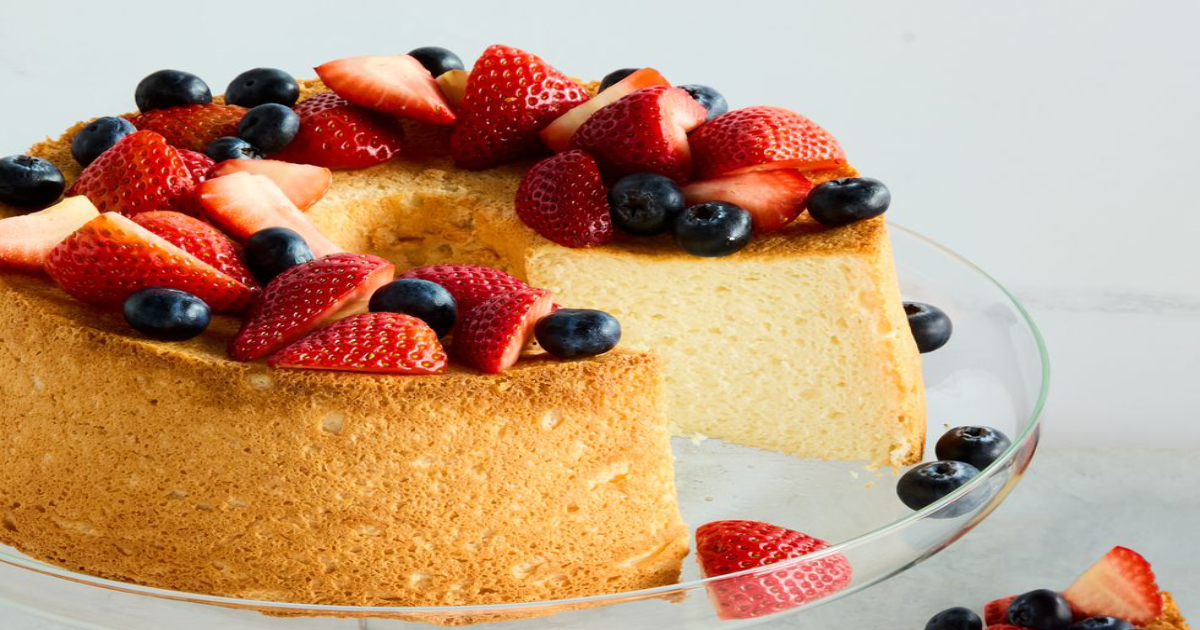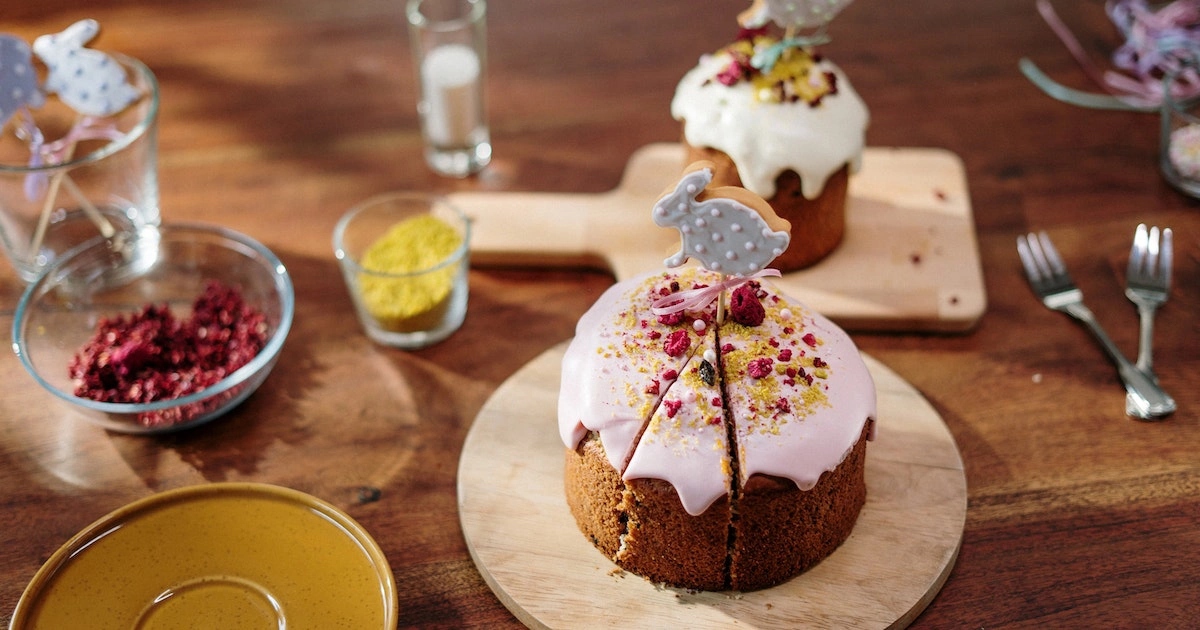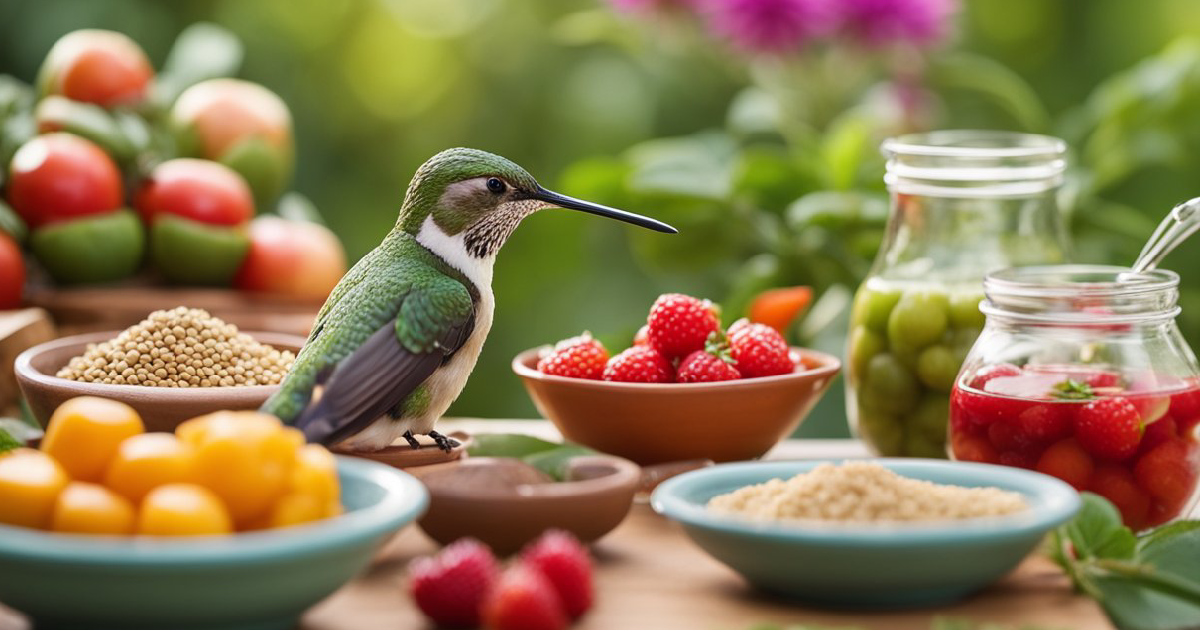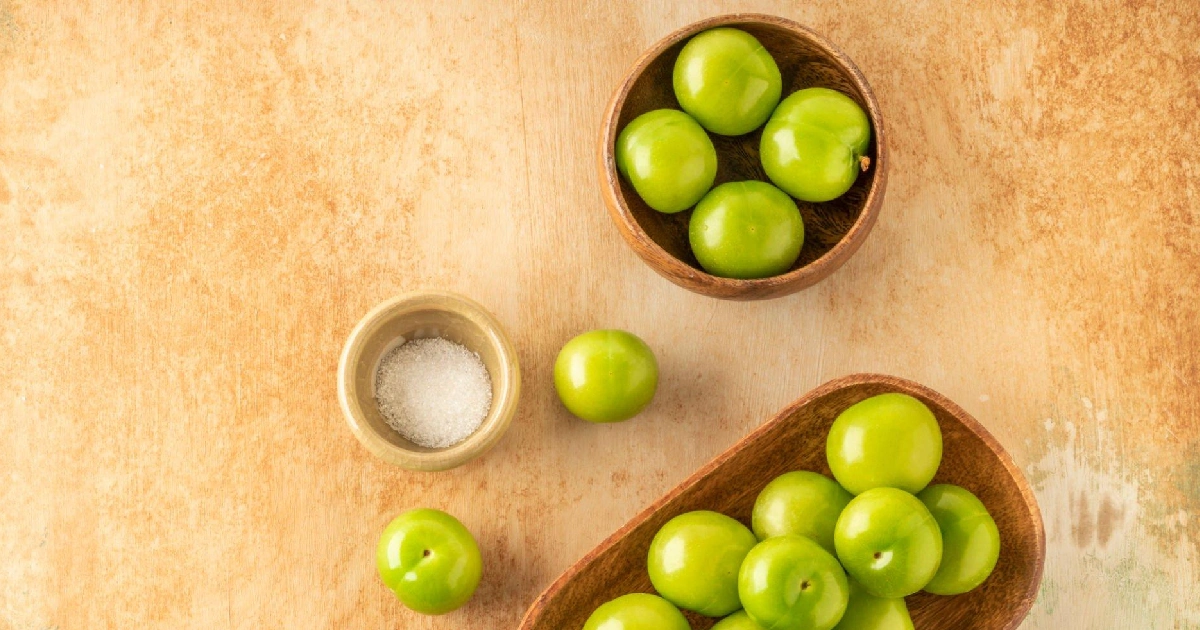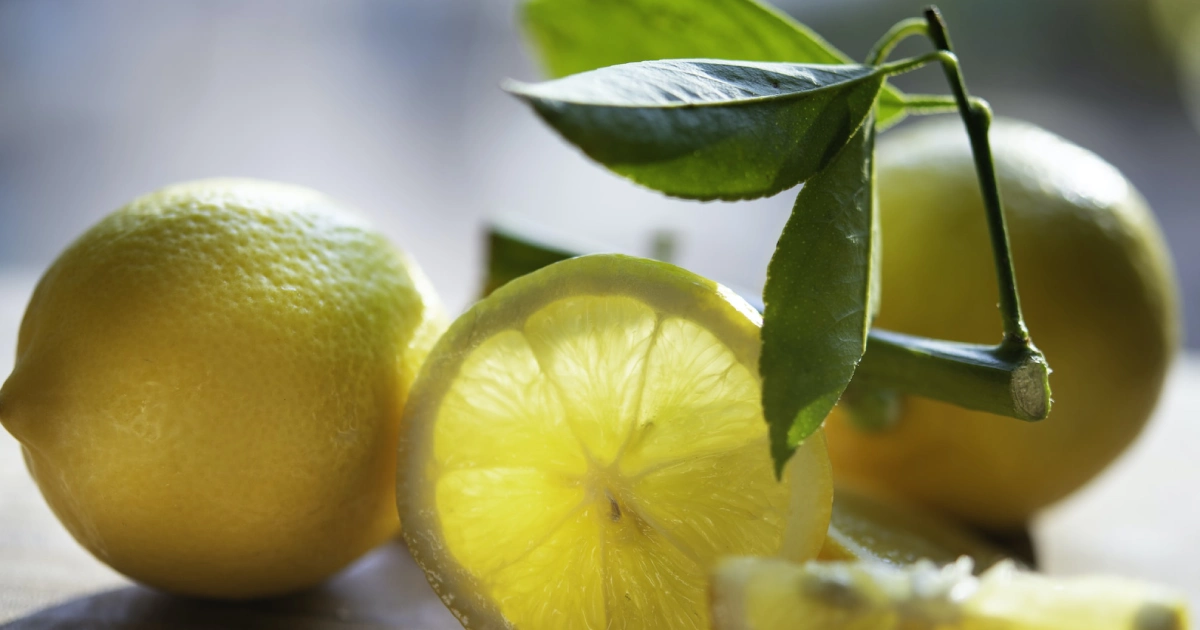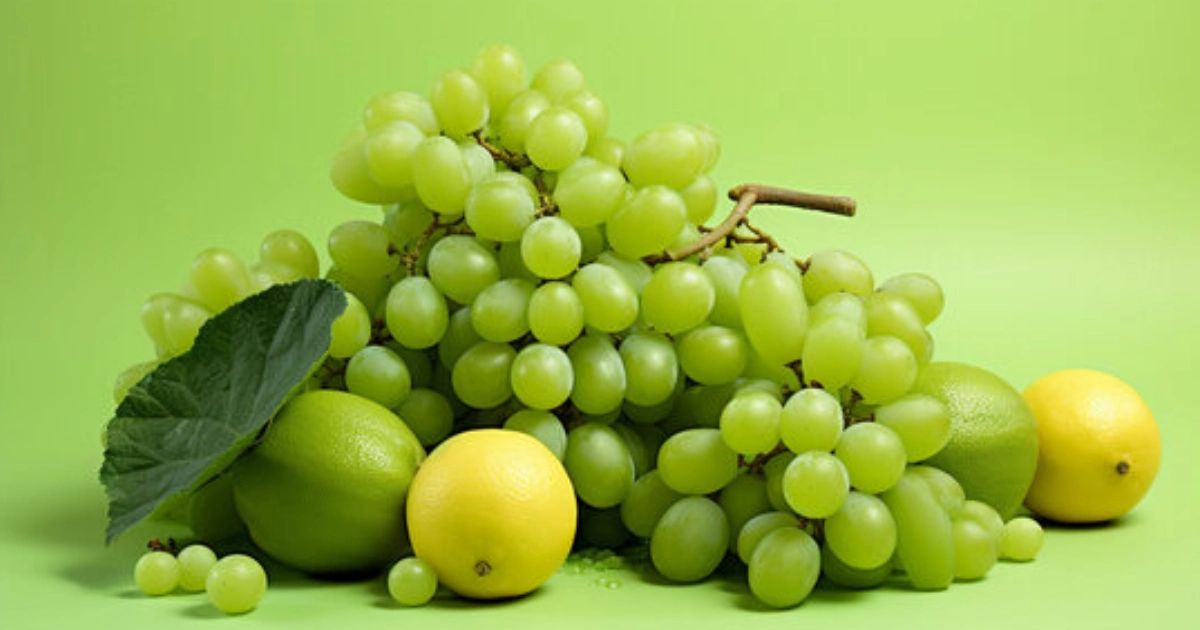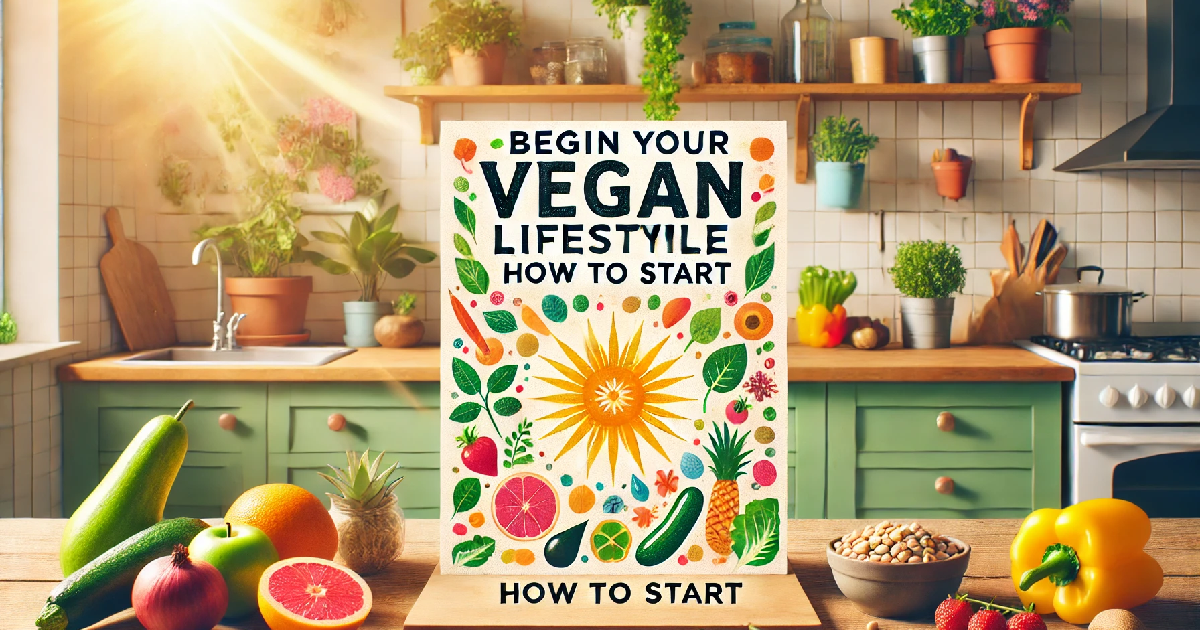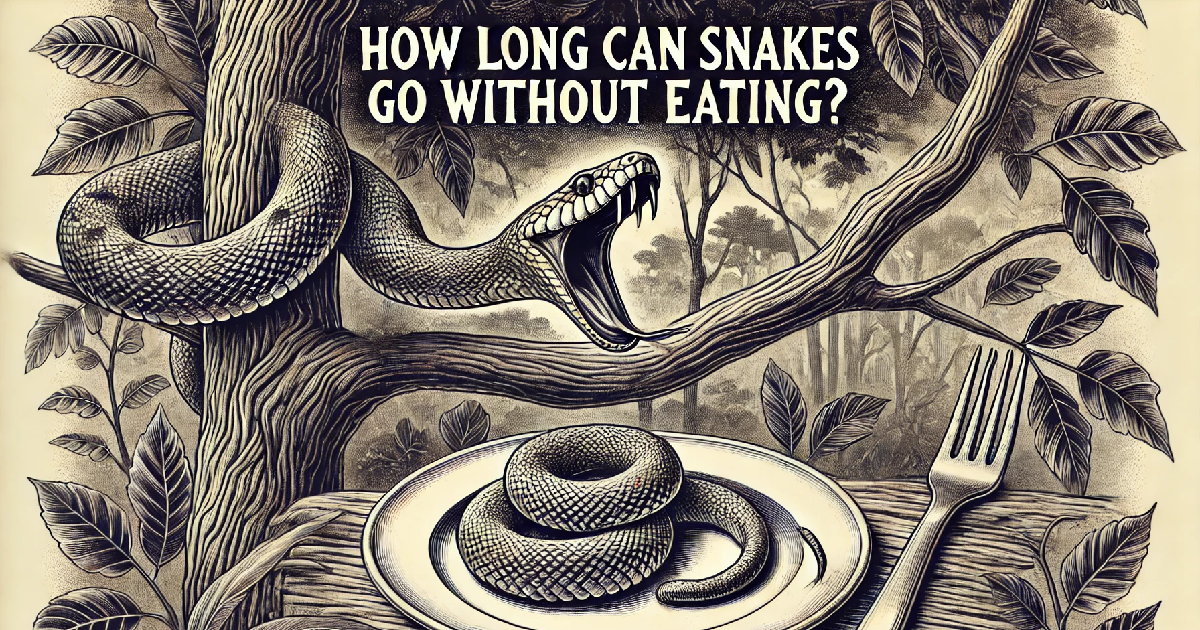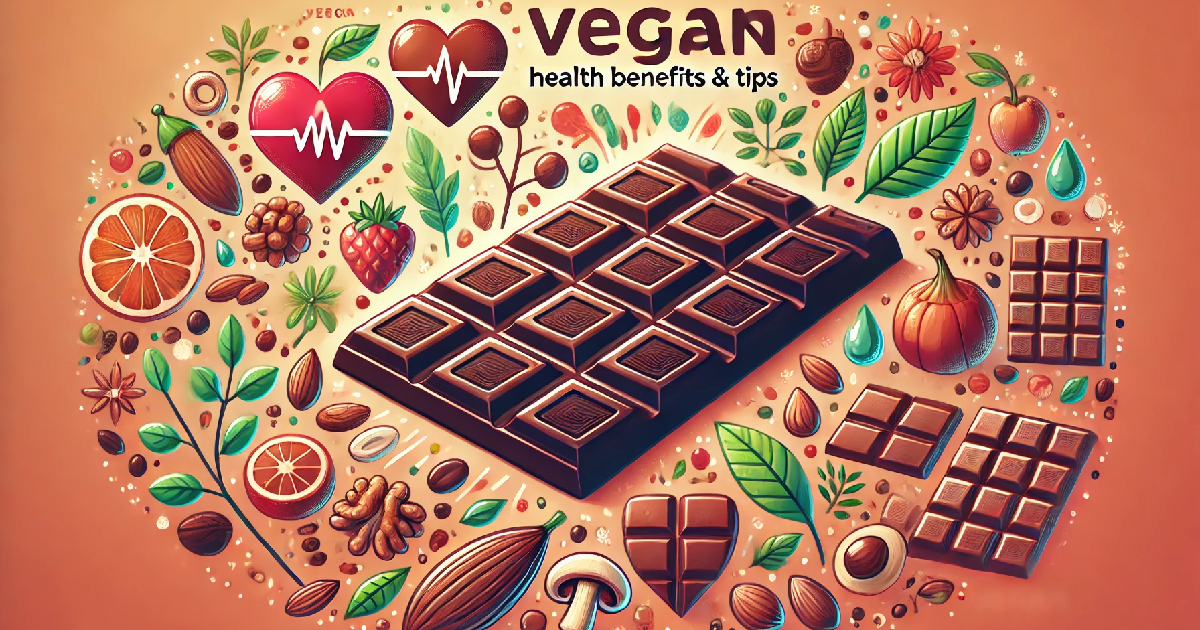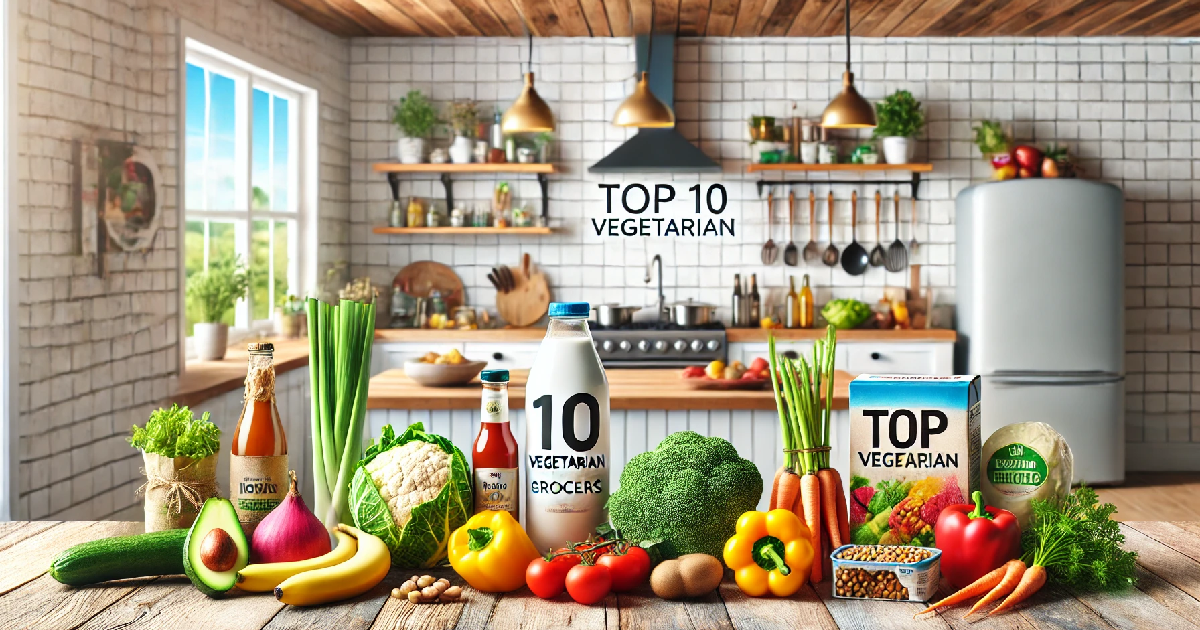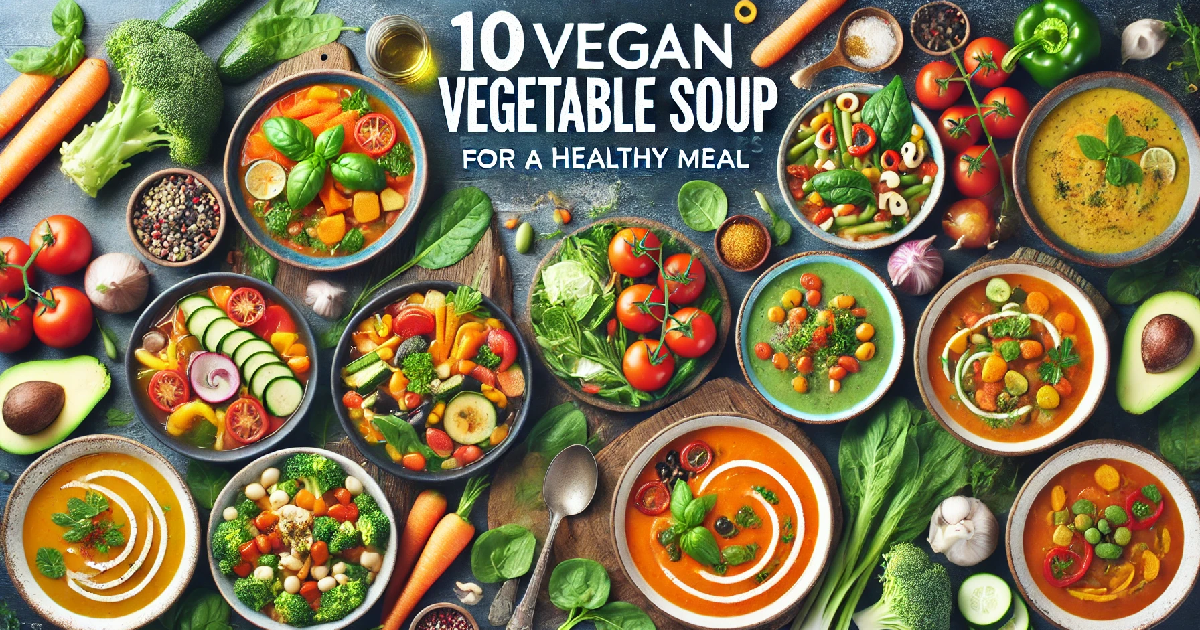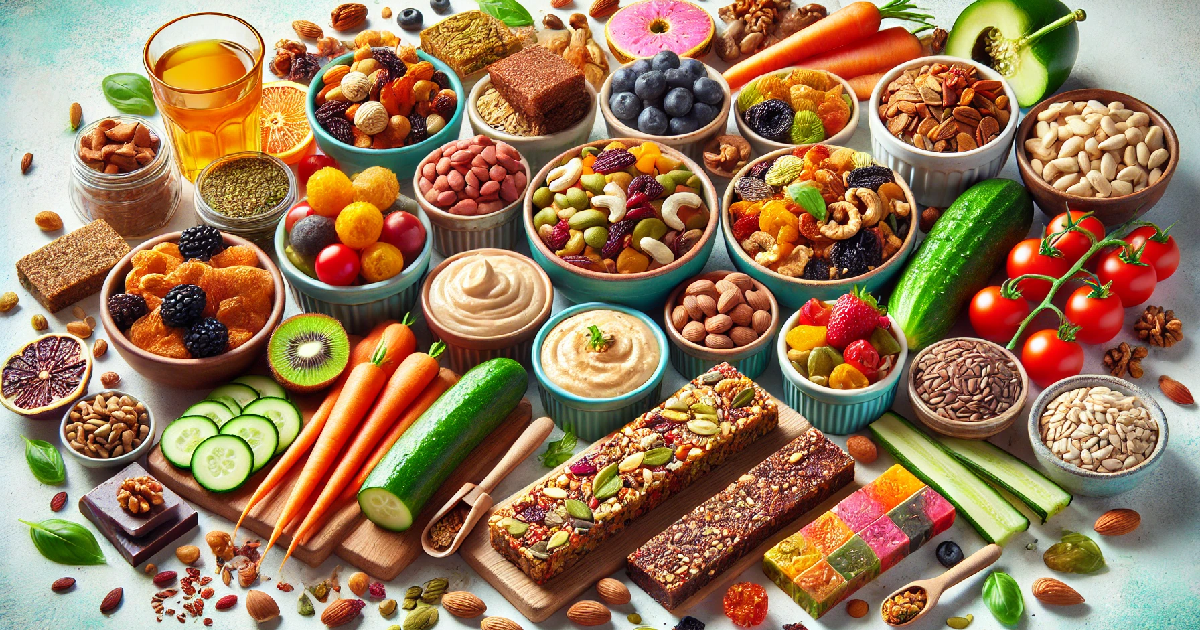Introduction
In a world increasingly aware of health and sustainability, vegan chocolate has emerged as a delectable treat that aligns with both personal wellness and ethical values. This plant-based chocolate delight is not just for vegans or vegetarians—it’s for anyone looking to indulge in a healthier, more conscious way. But what exactly makes vegan chocolate so special? And why should it matter to you?
Whether you’re a chocolate lover seeking healthier options, someone committed to a plant-based lifestyle, or simply curious about new culinary experiences, understanding the benefits of vegan chocolate can transform the way you satisfy your sweet tooth. Beyond its rich, satisfying flavor, vegan chocolate is packed with health benefits that make it a standout choice in the crowded world of confectionery. From its superior nutritional profile to its positive impact on heart and mental health, there’s a lot to love about this guilt-free indulgence.
In this blog post, we’ll dive deep into the world of vegan chocolate, exploring its numerous health benefits and offering practical tips for incorporating it into your diet. Whether you’re searching for the best vegan chocolate brands, curious about making your own vegan chocolate at home, or looking for mouth-watering recipes, we’ve got you covered. So, let’s embark on this delicious journey and discover why vegan chocolate deserves a spot in your pantry.
What is Vegan Chocolate?
Definition and Ingredients
Vegan chocolate is a type of chocolate made without any animal-derived ingredients. This means it does not contain milk, butter, or any other dairy products. Instead, vegan chocolate is crafted from plant-based ingredients like cocoa beans, cocoa butter, and non-dairy milk alternatives such as almond, coconut, or soy milk.
The primary components of vegan chocolate include cocoa solids, cocoa butter, and a sweetener, typically sugar or a natural sweetener like agave or maple syrup. Some vegan chocolates also incorporate additional ingredients for flavor and texture, such as nuts, dried fruits, and plant-based emulsifiers like lecithin. The result is a rich, creamy chocolate that caters to those with dietary restrictions or ethical considerations.
How Vegan Chocolate Differs from Regular Chocolate?
The main difference between vegan chocolate and regular chocolate lies in the ingredients used. Regular chocolate often contains milk powder, whey, or other dairy products, which are absent in vegan chocolate. This makes vegan chocolate suitable for those who are lactose intolerant, vegan, or allergic to dairy.
Vegan chocolate also tends to have a different flavor profile compared to its dairy-laden counterparts. The absence of milk allows the pure taste of cocoa to shine through, resulting in a more intense chocolate flavor. Additionally, vegan chocolate is often crafted with higher-quality ingredients, as it caters to a niche market that values health and sustainability.
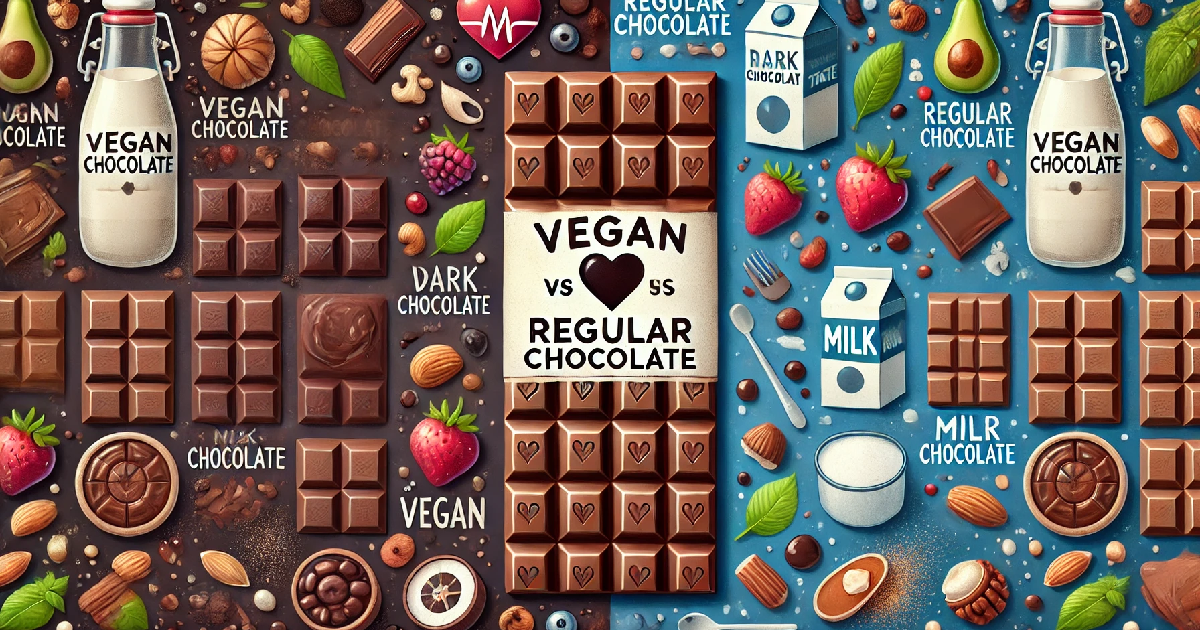
Here’s a simple comparison table to highlight the differences:
| Aspect | Vegan Chocolate | Regular Chocolate |
|---|---|---|
| Dairy Content | None | Contains milk powder, whey, or other dairy |
| Sweeteners | Plant-based (agave, maple syrup) | Typically sugar, sometimes with dairy |
| Flavor Profile | Richer cocoa taste | Creamier, due to milk content |
| Suitable For | Vegans, lactose-intolerant individuals, dairy-allergic | General consumers, non-vegan chocolate lovers |
Common Misconceptions about Vegan Chocolate
One common misconception about vegan chocolate is that it is flavorless or inferior to regular chocolate. This couldn’t be further from the truth. Many high-quality vegan chocolates are crafted by artisan chocolatiers who focus on premium ingredients and unique flavor combinations. The result is a product that can be just as, if not more, delicious than regular chocolate.
Another misconception is that vegan chocolate is overly expensive. While some gourmet vegan chocolates do come with a higher price tag, there are plenty of affordable options available. Many mainstream brands are now offering vegan versions of their popular chocolate products, making it easier to find vegan chocolate that fits any budget.
Lastly, some people believe that vegan chocolate is not widely available. However, with the rise in popularity of plant-based diets, vegan chocolate can be found in most grocery stores, health food shops, and online retailers. This increased availability means that enjoying vegan chocolate has never been easier.
By debunking these myths, we can better appreciate the true value and versatility of vegan chocolate. It is not only a delicious treat but also a conscientious choice that aligns with a healthier, more sustainable lifestyle.
Health Benefits of Vegan Chocolate
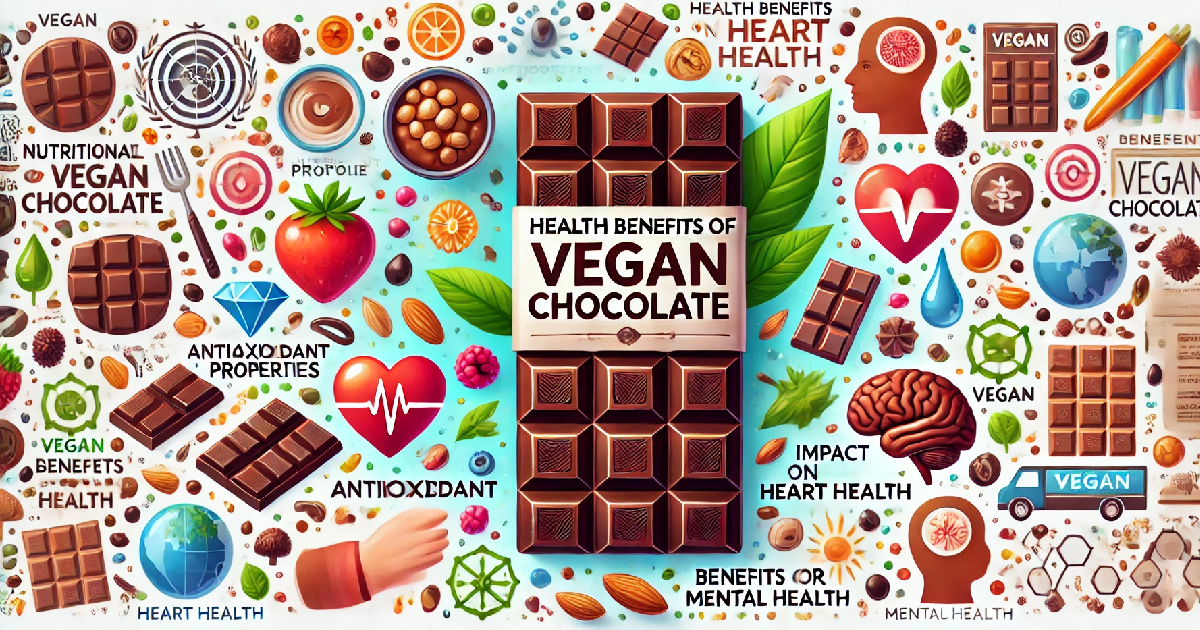
Nutritional Profile of Vegan Chocolate
Vegan chocolate offers a nutritional profile that can be beneficial for your health. It is often lower in sugar and free from unhealthy fats found in milk chocolate. The primary ingredients, cocoa solids and cocoa butter, are packed with essential nutrients.
Cocoa solids are rich in fiber, which aids digestion and promotes gut health. They also contain minerals such as iron, magnesium, and zinc. Additionally, cocoa butter is a source of healthy fats, which are crucial for maintaining heart health and supporting brain function.
Antioxidant Properties
One of the standout features of vegan chocolate is its high antioxidant content. Cocoa beans, the main ingredient in vegan chocolate, are loaded with flavonoids. Flavonoids are a type of antioxidant that helps combat free radicals in the body.
Free radicals are unstable molecules that can damage cells and contribute to aging and diseases like cancer. By neutralizing these molecules, antioxidants in vegan chocolate help protect your cells. This can reduce the risk of chronic diseases and improve overall health.
Here’s a brief look at some antioxidant-rich components in vegan chocolate:
| Component | Function |
|---|---|
| Flavonoids | Protects cells, reduces inflammation |
| Polyphenols | Enhances heart health, improves blood flow |
| Catechins | Supports weight loss, boosts immune function |
Impact on Heart Health
Consuming vegan chocolate can have a positive impact on your heart health. The flavonoids in cocoa help improve blood flow and reduce blood pressure. This, in turn, lowers the risk of cardiovascular diseases.
Vegan chocolate also helps reduce LDL cholesterol levels, known as the “bad” cholesterol. Lower LDL levels mean less plaque buildup in the arteries, which is crucial for preventing heart attacks and strokes. Furthermore, the healthy fats in cocoa butter support overall cardiovascular function.
Benefits for Mental Health
Vegan chocolate is not just good for the body; it also benefits the mind. The flavonoids in cocoa can enhance cognitive function and improve brain health. These compounds promote better blood flow to the brain, which supports memory and learning.
Additionally, vegan chocolate can act as a natural mood booster. It stimulates the production of serotonin and endorphins, the “feel-good” hormones. This can help alleviate stress, anxiety, and even symptoms of depression.
In summary, the health benefits of vegan chocolate are multifaceted. From its rich nutritional profile to its powerful antioxidant properties, vegan chocolate is a delicious way to support both physical and mental well-being. By incorporating it into your diet, you can enjoy a tasty treat that also promotes long-term health.
What Kind of Chocolate is Vegan?
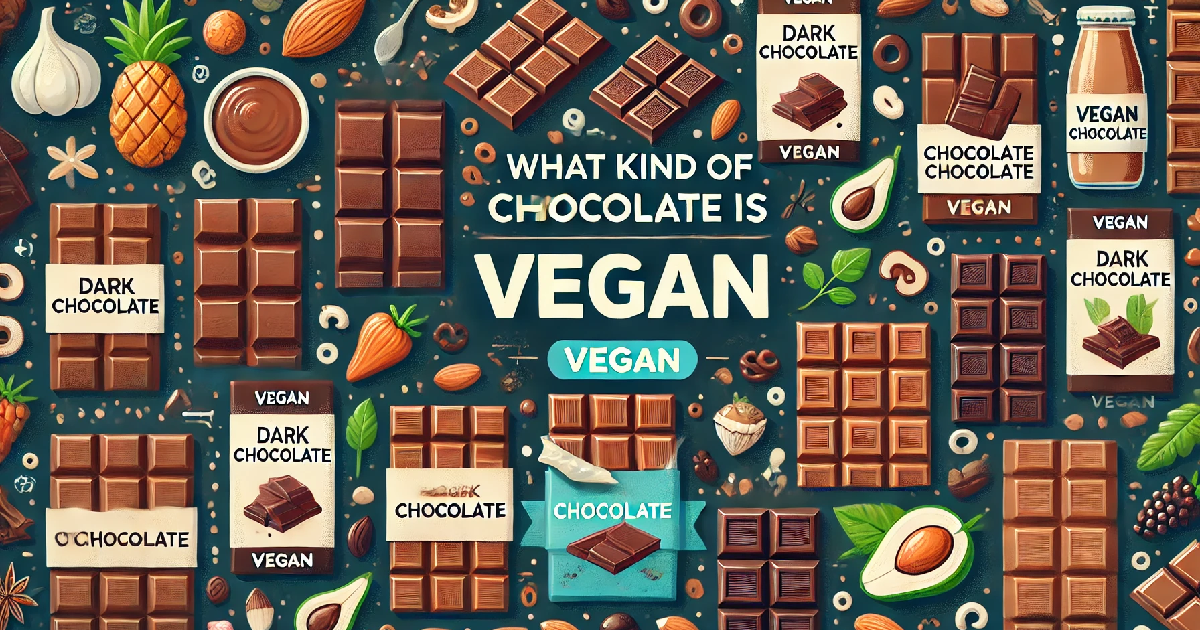
Ingredients to Look For
Vegan chocolate is crafted without any animal-derived ingredients. The primary ingredients include cocoa solids, cocoa butter, and plant-based sweeteners. To ensure a product is vegan, it’s essential to check the ingredient list carefully.
Look for chocolates that use non-dairy milk alternatives such as almond, coconut, or soy milk. These substitutes provide the creamy texture typically achieved with dairy. Additionally, natural sweeteners like agave syrup or coconut sugar are often used instead of refined sugar, which may be processed with bone char.
Avoid chocolates that contain milk powder, whey, or casein, as these are dairy derivatives. Also, watch out for emulsifiers like lecithin, which should be sourced from plants such as soy or sunflower. Ensuring these ingredients are present helps confirm the chocolate is truly vegan.
Certifications and Labels
Certifications and labels are crucial in identifying vegan chocolate. They provide assurance that the product meets specific standards and is free from animal products. The most common certification to look for is the “Certified Vegan” label.
This certification ensures that no animal products or by-products were used in the chocolate’s production. Additionally, the “Fair Trade” label is important. It indicates that the cocoa was sourced ethically, with fair wages and working conditions for farmers.
Organic certifications also play a significant role. They ensure that the chocolate is free from pesticides and synthetic fertilizers. This not only benefits your health but also supports sustainable farming practices.
Here’s a quick reference table for key certifications and what they signify:
| Certification | Significance |
|---|---|
| Certified Vegan | No animal products or by-products |
| Fair Trade | Ethical sourcing, fair wages for farmers |
| USDA Organic | Free from pesticides and synthetic fertilizers |
| Rainforest Alliance | Sustainable farming practices |
By understanding these certifications, you can make informed choices when selecting vegan chocolate. These labels not only guarantee the absence of animal products but also support ethical and sustainable practices. This ensures that your indulgence in vegan chocolate aligns with your values of health and sustainability.
Popular Vegan Chocolate Brands and Products
Vegan Chocolate Bars
Vegan chocolate bars are a popular choice for those looking to enjoy a plant-based treat. These bars are made without any dairy products, using ingredients like cocoa solids, cocoa butter, and plant-based sweeteners. Many brands offer a wide variety of flavors, from classic dark chocolate to innovative combinations like sea salt and almond.
Popular vegan chocolate bars often include additional ingredients such as nuts, fruits, and spices. These additions enhance the flavor and texture, making the chocolate more enjoyable. Some of the best vegan chocolate bars also boast high cocoa content, which means they are rich in antioxidants and other beneficial nutrients.
Vegan Chocolate Chips
Vegan chocolate chips are essential for baking and snacking. They are made from similar ingredients as vegan chocolate bars but are designed to retain their shape when heated. These chips are perfect for cookies, brownies, and other baked goods.
When selecting vegan chocolate chips, look for products that specifically state they are dairy-free. Many mainstream brands now offer vegan options, making it easier to find high-quality chips. Additionally, some vegan chocolate chips are sweetened with natural alternatives, providing a healthier option for your recipes.
Vegan Chocolate Box
A vegan chocolate box is an excellent gift option for any occasion. These boxes typically contain an assortment of vegan chocolates, from truffles to pralines. Each piece is crafted to provide a unique flavor experience, using premium ingredients.
Vegan chocolate boxes often feature a variety of textures and flavors, such as creamy fillings, crunchy nuts, and rich dark chocolate. They are beautifully packaged, making them a perfect present for birthdays, holidays, or special celebrations. Many brands also offer customizable options, allowing you to select your favorite chocolates.
Top Vegan Chocolate Brands
Several brands are renowned for their high-quality vegan chocolates. These companies prioritize using ethically sourced, organic ingredients. They also focus on creating delicious products that cater to the growing demand for plant-based treats.
Some top vegan chocolate brands include:
- Lindt: Known for their Excellence line, which offers rich, dark chocolate varieties.
- Theo Chocolate: Emphasizes organic and fair-trade ingredients.
- Hu Kitchen: Offers vegan chocolates with simple, clean ingredients.
- Endangered Species Chocolate: Combines conservation efforts with delicious, vegan-friendly options.
These brands are committed to providing excellent vegan chocolate that satisfies both taste and ethical standards.
Is Ghirardelli Chocolate Vegan?
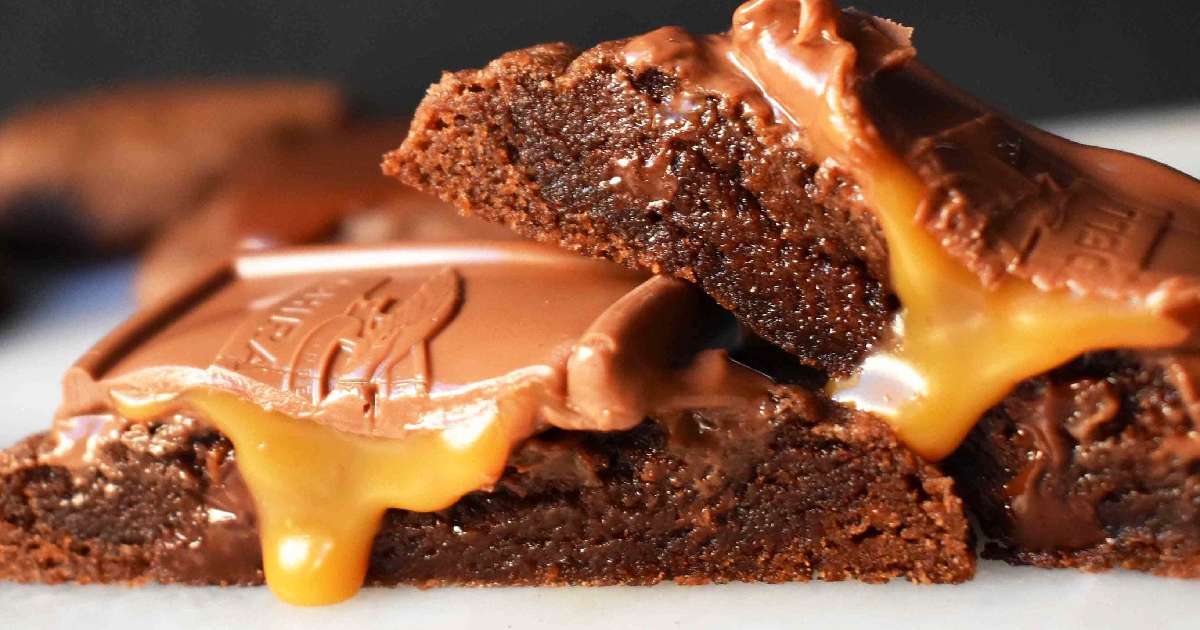
Ghirardelli, a well-known chocolate brand, offers a few vegan-friendly options. While most of their products contain dairy, their Intense Dark line includes some vegan varieties. Specifically, the 72% Cacao Twilight Delight bar is a popular choice among vegans.
It’s essential to read the labels carefully, as ingredients can vary between different product lines. Ghirardelli’s vegan options provide a rich, dark chocolate experience, making them a great addition to a plant-based diet.
Are Hershey’s Vegan?
Hershey’s has recently expanded its product range to include vegan options. Their Oat Made line features plant-based chocolate bars that are dairy-free. These bars use oat milk as a substitute for dairy, providing a creamy texture.
The Oat Made line includes flavors like Classic Dark and Extra Creamy Almond & Sea Salt. These new additions to Hershey’s lineup offer a delicious, vegan-friendly alternative to traditional milk chocolate bars.
What Popular Chocolate Bars are Vegan?
Several popular chocolate bars are vegan, catering to the growing demand for plant-based treats. Some of these bars are explicitly marketed as vegan, while others are naturally dairy-free.
Popular vegan chocolate bars include:
- Lindt Excellence 70% and 85% Cocoa: These dark chocolate bars are rich in flavor and free from dairy.
- Green & Black’s Organic Dark Chocolate: Known for its high cocoa content and organic ingredients.
- Alter Eco Dark Chocolate Bars: Offer a variety of flavors, all made with organic and fair-trade ingredients.
- Enjoy Life Chocolate Bars: Specifically made for those with dietary restrictions, including being vegan and allergen-free.
These bars are widely available and provide a delicious, ethical choice for chocolate lovers.
By understanding the variety of vegan chocolate products and brands available, you can easily find options that suit your taste and dietary preferences. Whether you’re looking for a quick snack, baking ingredient, or a special gift, there’s a vegan chocolate product for every occasion.
Vegan Chocolate Recipes
Vegan Chocolate Cake Recipe
Creating a vegan chocolate cake is a delightful way to enjoy a rich, moist dessert without any animal products. The key to a perfect vegan chocolate cake lies in substituting traditional ingredients with plant-based alternatives. For instance, use almond or soy milk instead of dairy milk and flaxseeds or applesauce as egg replacers.
To make the cake, start by mixing dry ingredients like flour, cocoa powder, baking soda, and a pinch of salt. In a separate bowl, combine wet ingredients such as plant-based milk, vegetable oil, vanilla extract, and apple cider vinegar. Gradually mix the wet ingredients into the dry mixture until smooth. Bake at 350°F for about 30-35 minutes, or until a toothpick comes out clean.
Here’s a simple ingredient list for reference:
- 1 ½ cups flour
- 1 cup sugar
- ½ cup cocoa powder
- 1 tsp baking soda
- ½ tsp salt
- 1 cup almond milk
- ½ cup vegetable oil
- 2 tsp vanilla extract
- 1 tbsp apple cider vinegar
Vegan Chocolate Chip Cookies Recipe
Vegan chocolate chip cookies are a classic treat that everyone loves. These cookies are easy to make and can be enjoyed by those with dietary restrictions. The secret to these cookies is using a good quality vegan butter and ensuring the chocolate chips are dairy-free.
Begin by creaming together vegan butter and sugar until light and fluffy. Add a flax egg (1 tablespoon ground flaxseed mixed with 3 tablespoons water) and vanilla extract, mixing well. In another bowl, combine flour, baking soda, and a pinch of salt. Gradually mix the dry ingredients into the wet mixture, then fold in the vegan chocolate chips.
Scoop the dough onto a baking sheet and bake at 350°F for about 10-12 minutes, or until golden brown. Allow them to cool slightly before enjoying.
Vegan Chocolate Mousse Recipe
Vegan chocolate mousse is a decadent dessert that’s surprisingly easy to make. The base of this mousse is typically made from aquafaba (the liquid from canned chickpeas) or silken tofu, providing a creamy texture without dairy.
To make vegan chocolate mousse, melt high-quality dark chocolate and let it cool slightly. In a separate bowl, whip aquafaba until stiff peaks form, similar to whipped egg whites. Gently fold the melted chocolate into the whipped aquafaba, being careful not to deflate the mixture. Chill in the refrigerator for at least two hours before serving.
For a silken tofu version, blend the tofu with melted chocolate and a sweetener like maple syrup until smooth. Pour into serving dishes and chill before enjoying.
Homemade Vegan Chocolate Recipe
Making homemade vegan chocolate is a rewarding process that allows you to control the ingredients and customize flavors. The basic recipe involves cocoa butter, cocoa powder, and a sweetener like agave syrup or coconut sugar.
Start by melting cocoa butter in a double boiler. Once melted, whisk in cocoa powder and sweetener until smooth. You can also add a pinch of salt and a splash of vanilla extract for extra flavor. Pour the mixture into silicone molds or a lined baking dish and let it set in the refrigerator until firm.
Here’s a basic ingredient list for homemade vegan chocolate:
- 1 cup cocoa butter
- 1 cup cocoa powder
- ½ cup agave syrup or coconut sugar
- 1 tsp vanilla extract
- Pinch of salt
By following these recipes, you can enjoy a variety of vegan chocolate treats that cater to your dietary preferences. Whether you’re baking a cake, cookies, or whipping up a mousse, these recipes are sure to satisfy your chocolate cravings in a healthy, plant-based way.
Conclusion
Vegan chocolate is more than just a tasty treat; it offers numerous health benefits that make it a smart choice for anyone looking to improve their diet. Rich in antioxidants, it supports heart health and boosts mental well-being. The absence of dairy makes it suitable for those with lactose intolerance or allergies, and its ethical production practices align with a growing awareness of sustainability and animal welfare.
Exploring the world of vegan chocolate can be an exciting journey. With so many brands and recipes available, there’s always something new to try. From decadent cakes to simple homemade bars, vegan chocolate proves that you don’t have to sacrifice taste to enjoy a healthier, more compassionate lifestyle.
Incorporating vegan chocolate into your diet can be a delightful way to embrace plant-based eating. It’s a small step that contributes to a larger movement towards better health and a more sustainable planet. As you savor each bite, consider the positive impact your choices have on your body and the world around you.
In a world where our food choices matter more than ever, vegan chocolate stands out as a symbol of how delicious and meaningful those choices can be. So next time you’re craving something sweet, reach for vegan chocolate. It’s not just a treat—it’s a testament to the power of conscious living.
Frequently Asked Questions (FAQs)
1. Is vegan chocolate healthier than regular chocolate?
Vegan chocolate can be healthier than regular chocolate because it typically contains fewer additives and no dairy. It’s rich in antioxidants, which help fight free radicals and reduce inflammation. Additionally, it often has lower sugar content and higher cocoa percentages, providing more health benefits from the cocoa itself. However, the overall healthiness can vary depending on the brand and specific product.
2. Can I make vegan chocolate at home?
Yes, making vegan chocolate at home is quite simple. The basic recipe involves melting cocoa butter and mixing it with cocoa powder and a sweetener like agave syrup or coconut sugar. For a smoother texture, you can add a plant-based milk like almond or coconut milk. Pour the mixture into molds and let it set in the refrigerator until firm. Homemade vegan chocolate allows you to control the ingredients and customize the flavors to your liking.
3. Does vegan chocolate taste different from regular chocolate?
Vegan chocolate can taste different from regular chocolate, mainly because it lacks dairy. This absence allows the pure cocoa flavor to stand out more prominently, often resulting in a richer and more intense chocolate taste. Some people find vegan chocolate to have a slightly different texture, especially if non-dairy milk alternatives are used. However, high-quality vegan chocolates are crafted to be just as delicious and satisfying as their dairy counterparts.
4. Where can I buy vegan chocolate?
Vegan chocolate is widely available in many grocery stores, health food shops, and online retailers. Popular stores like Whole Foods, Trader Joe’s, and specialty stores often have a good selection of vegan chocolates. Online retailers such as Amazon, Thrive Market, and dedicated vegan websites like Vegan Essentials and The Vegan Kind offer a variety of options, making it easy to find and purchase vegan chocolate from the comfort of your home.
5. Is vegan chocolate more expensive?
Vegan chocolate can be more expensive than regular chocolate due to the use of high-quality, ethically sourced ingredients. The absence of dairy and the inclusion of organic, fair-trade cocoa often contribute to higher production costs. However, the price can vary depending on the brand and where you purchase it. While some premium vegan chocolates are pricier, there are also affordable options available. The slightly higher cost is often justified by the health benefits and ethical considerations.


